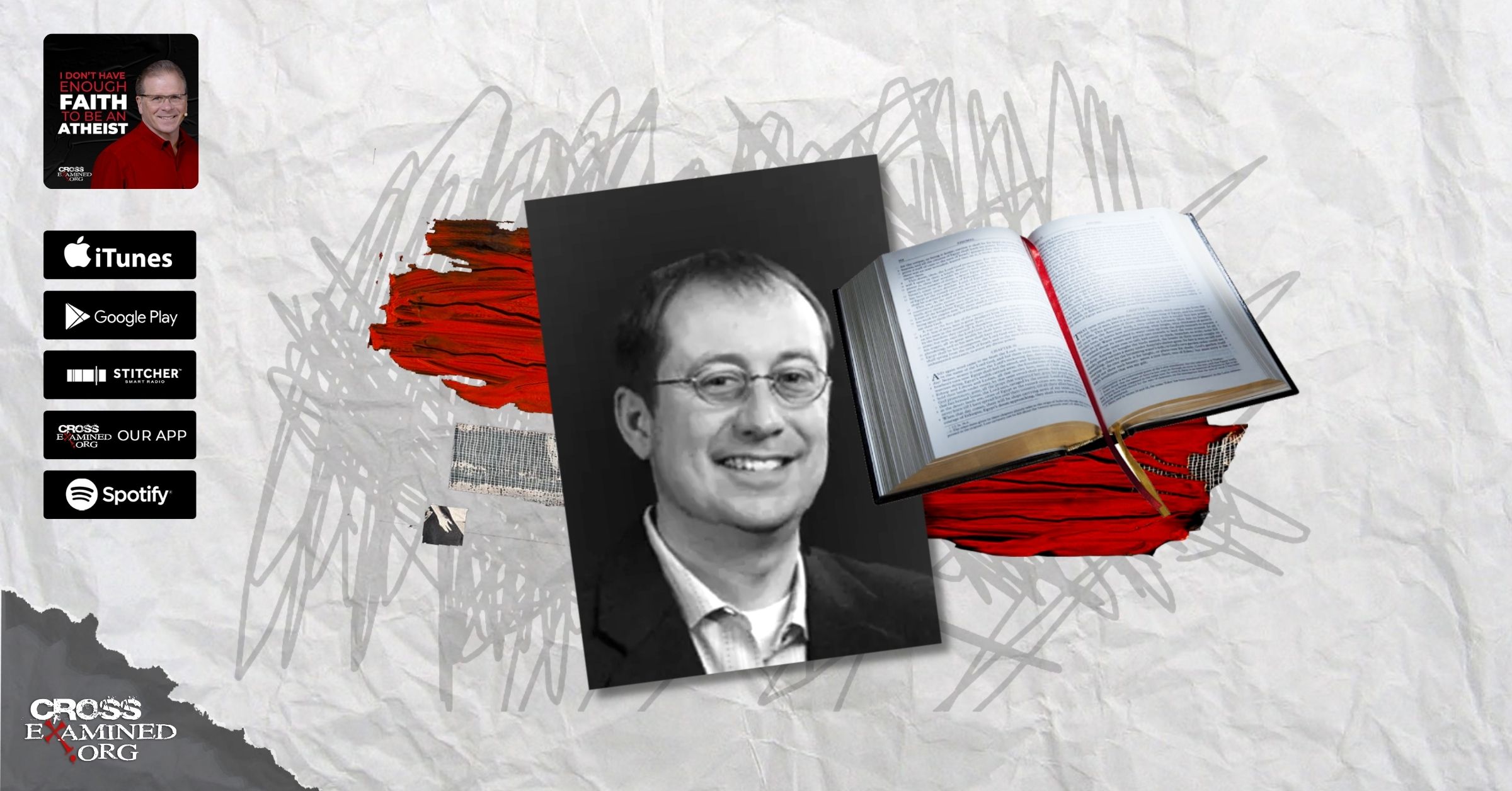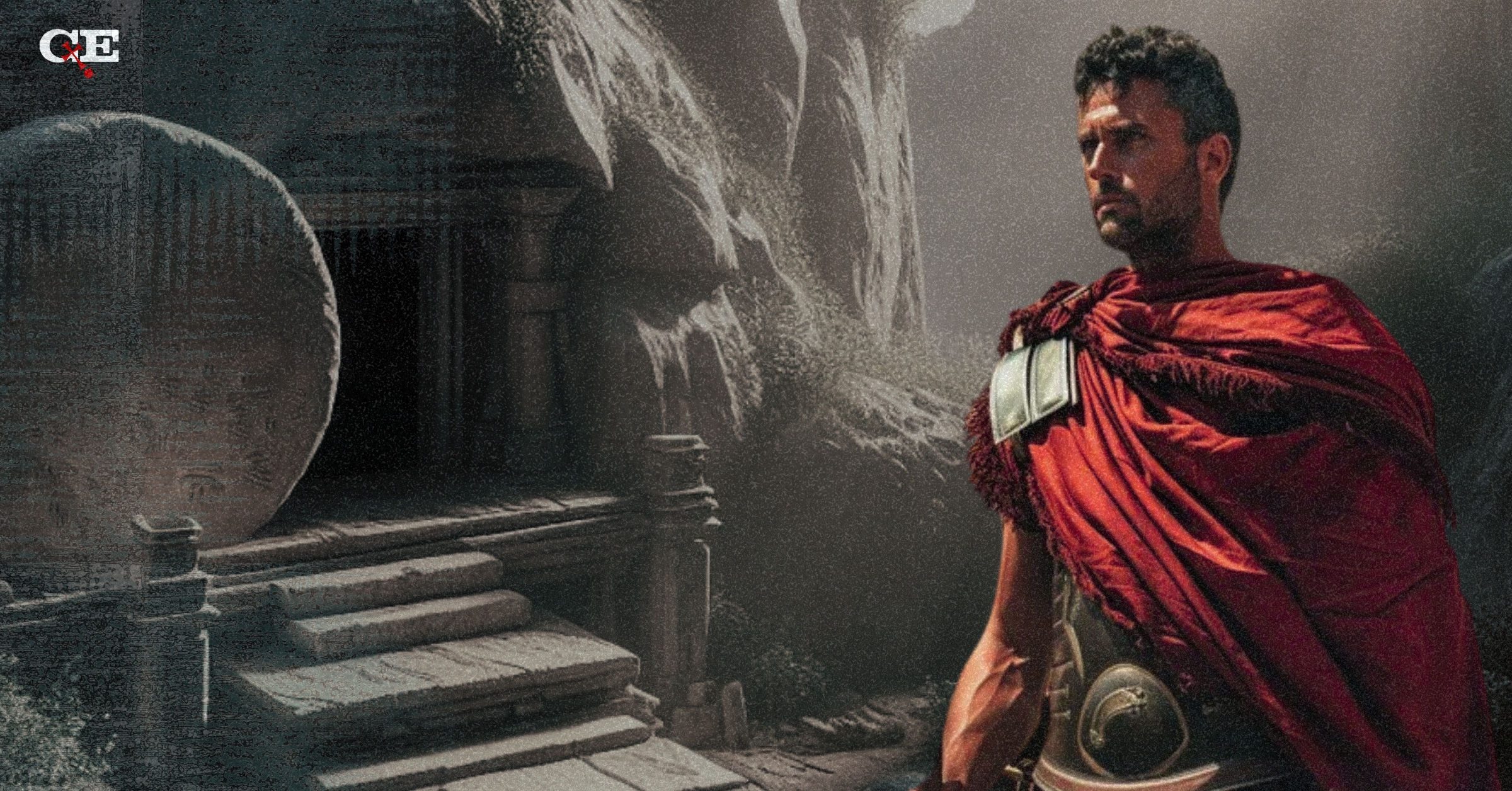Why Is God So Hidden?
As a young atheist, I denied the existence of God for practical, experiential reasons. During my elementary school years, I found it difficult to understand why anyone would believe in God without visible evidence. I knew my parents, teachers and friends were real, because I could see them and I could see their impact on the world around me. God, however, seemed completely hidden. I often thought, “If God exists, why would He hide in this way? Why wouldn’t God just come right out and make it obvious to everyone He exists?” As I examined these questions many years later, I began to consider other factors and considerations, particularly related to the nature of “love”.
I held love and compassion in high regard, even as an unbeliever. These were values I embraced as essential to our survival as a species, and values I considered to be foundational to human “flourishing” (as many atheists commonly describe it). But love requires a certain kind of world, and if loving God does exist, it is reasonable that He would create a universe in which love is possible; a universe capable of supporting humans with the ability to love God and love one another. This kind of universe requires a number of pre-requisites, however, and these pre-requisites are best achieved when God is “hidden” in the way He often seems to be:
Love Requires Freedom
True love cannot be coerced. We love our children and we want them to love us. We cannot, however, force them to do so. When we give our kids direction and ask them to accept this direction as a reflection of their love for us, we must step away and give them the freedom to respond (or rebel) freely. If we are “ever-present”, their response will be coerced; they will behave in a particular way not because they love us, but because they know we are present (and they fear the consequence of rebellion). If God exists, it is reasonable that He would remain hidden (to some degree) to allow us the freedom to respond from a position of love, rather than fear.
Love Requires Faith
Love requires a certain amount of trust; we must trust the person who loves us has our best interest in mind, even in times of doubt. There are occasions when trust requires us to accept something as true, even though we can’t immediately see this to be the case. In essence, trust often requires “hiddenness” on the part of the “lover” if love is to be confident, powerful and transformational.
Love Requires Evidence
Love does, however, require sufficient evidence. While we may not want to coerce our children, we do need to give them sufficient reason to believe we exist, support and love them. While many non-believers may deny there is any evidence for the existence of God, the natural world has provided us with sufficient (albeit non-coercive) evidence God exists. We have the ability, however, to deny this evidence if we choose.
Love Requires Response
In the end, we do need to show our children our promises have been reliable and their love and trust in us has been well placed. Even though we may have to be “hidden” at times in their lives, at the end of the day, love requires us to make a visible response. The Christian Worldview maintains that God will respond visibly at “the end of the day”. While He may sometimes seem “hidden”, He will ultimately be evident to all of us.
If God exists, it is reasonable He would personify and fulfill the requirements of love, as described in Christian scripture:
Romans 1:20
For since the creation of the world His invisible attributes, His eternal power and divine nature, have been clearly seen, being understood through what has been made, so that they (we) are without excuse.
Hebrews 11:1
Now faith is the assurance of things hoped for, the conviction of things not seen.
God created a world reflecting His holy nature: We live in a universe where love is possible. This kind of universe can sometimes be a scary place, because it requires un-coerced human freedom. God offers us this dangerous liberty (and often remains hidden) so our love will be genuine.
J. Warner Wallace is a Cold-Case Detective, Christian Case Maker, Senior Fellow at the Colson Center for Christian Worldview, and the author of Cold-Case Christianity, Cold-Case Christianity for Kids, God’s Crime Scene, God’s Crime Scene for Kids, and Forensic Faith.












Leave a Reply
Want to join the discussion?Feel free to contribute!